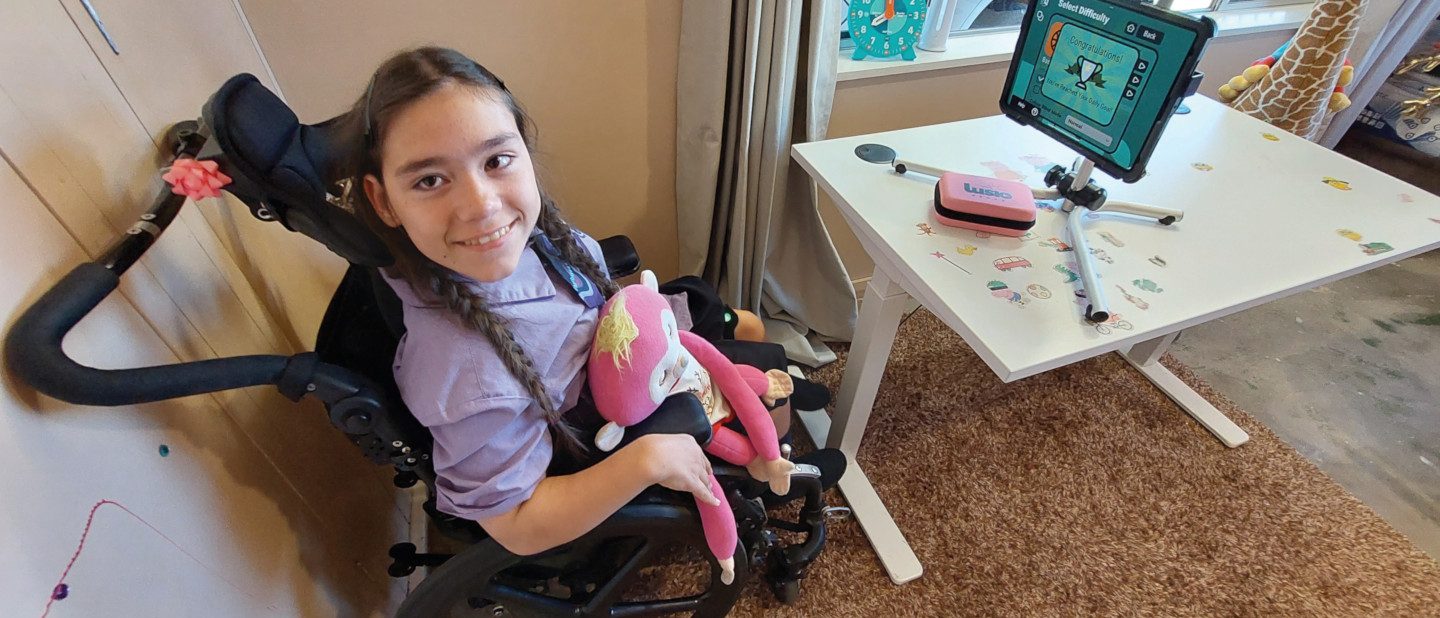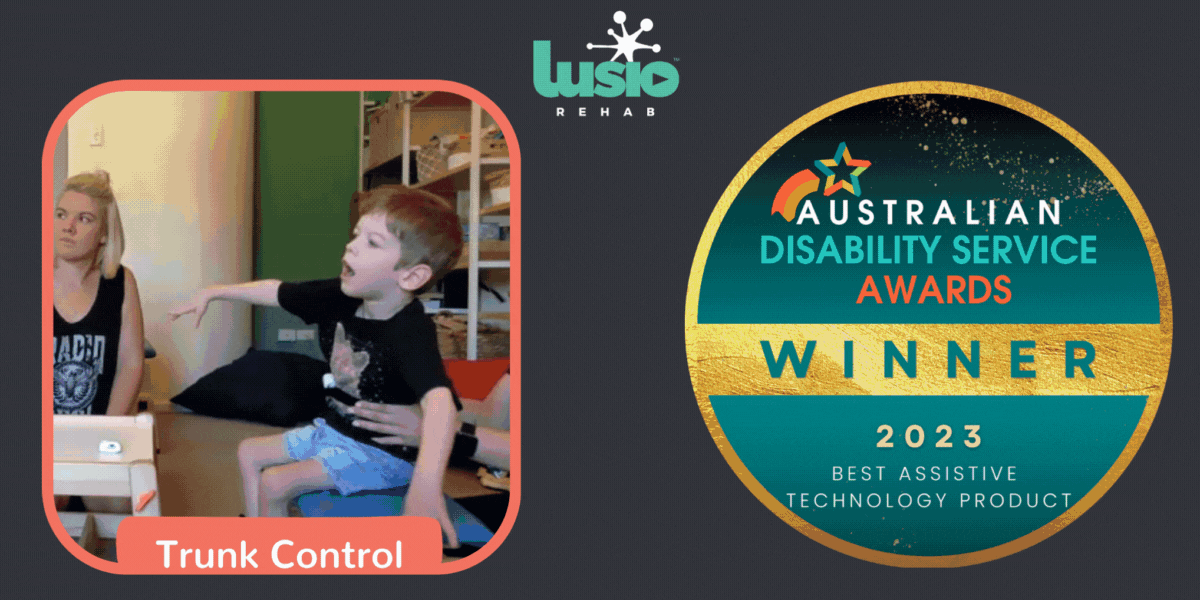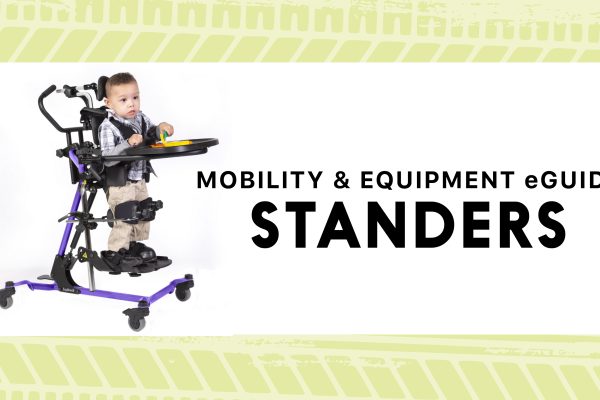
Physical therapy: Game on!
ADVERTORIAL
Physical therapy is being gamified – and it’s making a massive difference to children all over Australia. Katherine Granich takes a closer look.
How easy is it to get your child to participate in their at-home physical therapy program especially when it’s summer and the focus is on fun!? For many of our kids, doing therapy at home is seen as a chore to be avoided rather than an activity to look forward to. Getting that regular therapy practice in takes time, motivation, and often some form of cajoling (or even bribery – no judgement!), and even then, it’s not typically something that children consider to be super-fun. It can be difficult to get all the exercises done, or to ensure they’re doing them properly – one study(1) says that compliance with at-home physical therapy programs vacillates between 50% and 80%, so this is an incredibly common challenge parents have to contend with Doreen Deede understands the frustration. Her daughter Emma, 13 – just like many children – has had a hard time consistently completing her therapy programs. “Emma’s motivation to participate in any kind of therapy has always been dependent on the setting and the activity,” Doreen explains.
But the introduction of a physical therapy “ecosystem” app called LusioMATE has been game-changing for Emma and her mum – literally.
LusioMATE has wearable motion sensors that can be fitted almost anywhere on a client’s body. It connects via Bluetooth to a range of “exergames” – a fusion of fitness and fun, where therapy takes the form of gameplay. These physical therapy games are highly customisable, giving therapists the ability to set up client-specific exercises that evolve as the treatment progresses.

For Emma, being able to play her way through her physical therapy routines with fun, interactive games had immediate positive effects. “Emma loved the instant gratification she received through the games, and performed the required movements more consistently and with more control and effort,” Doreen smiles.
“Prior to using LusioMATE, Emma did not engage at all, or only engaged with limited motivation when asked to complete her exercises at home.”
LusioMATE’s physical therapy games are designed to help clients develop specific functional skills or address cognitive, emotional, or behavioural issues. They help with strength-building, improving flexibility, and increasing mobility. And in Emma’s case, using LusioMATE gave her physiotherapist instant feedback on Emma’s abilities, which her mum admits had been a bit of a question mark up to that point.
“The use of LusioMATE engaged Emma instantly and highlighted her ability, which we were previously uncertain about,” Doreen explains. “We trialled LusioMATE to work on
Emma’s ability to assist with putting on socks and shoes while she’s sitting in her chair, because previous attempts to engage her in function-specific exercises were not successful. The trial showed that Emma can lift her feet and knees, but just needs the right motivation to keep practising to become stronger and more in control.”
Better yet, the professionals who work with Emma were duly impressed, Doreen says. “Emma’s care team reacted with excitement and enthusiasm during the trial. Everyone witnessed Emma’s positive response, and felt that this therapy tool would make a significant difference to Emma’s engagement with her home therapy program.”
Emma’s physiotherapist, Dalena Pangna of Full Potential Paediatrics Physiotherapy (fpphysio.com), agrees that LusioMATE has had a positive impact on her young client.
“One of Emma’s goals was to be able to improve her ability to lift her foot up from her wheelchair to help with being able to take her socks and shoes on and off,” Dalena says. “Emma loved being able to work on her knee extension with LusioMATE and we were able to improve on her range of motion and isolating her movement between her left and right side better by the end of one week.”
A major advantage of LusioMATE is that it provides Dalena with comprehensive analytics and insights, allowing her to remotely adjust Emma’s at-home physio program
as she progresses – keeping the exercises fresh, relevant, and appropriate, and easily monitoring her progress.
The LusioMATE system is compact and portable, meaning you can use it at home, at the park, at school, and even on holiday. And when “It’s time for your exercises!” means “It’s time to play games!”, getting kids to take part in their physical therapy program is a less stressful prospect for everyone.
The most meaningful outcome, though, is that Emma is not only gaining movement and strength, but her self- esteem is also increasing. “Through LusioMATE, Emma became aware of her own ability, and realised that she could do something successfully,” mum Doreen says.
And helping kids believe in themselves is the biggest win of all.
Gamifying therapy
LusioMATE is cutting-edge, wearable, portable physical therapy technology. Here are some more reasons this gamified tool is revolutionising the way at-home therapy programmes are delivered.
- Kids love to play games, so they’re super motivated to achieve their movement goals through gamified physical therapy.
- Simple to set up, implement, and get started, with a visually appealing, user-friendly interface.
- Highly personalised and adaptable so therapists – Physios, OTs and Exercise Physiologists alike – can ensure activities are totally targeted to what clients need.
- Massive, constantly growing library of fun “exergames” to engage and encourage your child.
- Compact, wearable, and portable – use it (almost) anywhere and any time, on your child’s schedule.
- An easy way to keep up with your child’s therapy programme over the summer break or when you’re on holiday.
- Works with fine and gross motor skills as well as cognitive, behavioural, and emotional challenges.
- Clinicians and allied health professionals can monitor and adjust remotely.
- Low cost/low risk assistive technology under NDIS, making it super easy to purchase in an NDIS plan.
Reference 1 (PDF) Efficacy of Upper Limb Therapies for Unilateral Cerebral Palsy: A Meta-analysis (researchgate.net)







